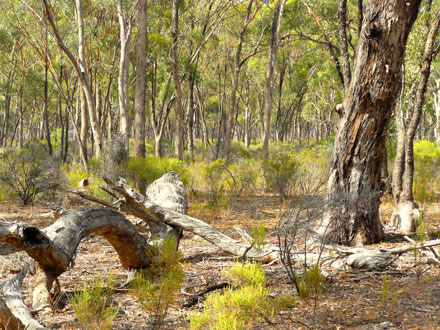
The forest industry contributed $649 million to the Western Australian economy last financial year in direct sales alone, and a total of $1.405 billion once flow-on effects in other industries are included. Source: Timberbiz
That was among the key findings of a new industry snapshot conducted by the University of Canberra in conjunction with consultancy EconSearch, a division of BDO, and funded by Forest & Wood Products Australia, the Forest Products Commission and the Forest Industries Federation of Western Australia.
In terms of jobs, the WA forestry industry employed over 2100 people directly in growing, harvesting and primary processing, and approximately 4570 once flow-on effects are taken into account. Of these jobs, 508 were generated by the native forest industry, 863 by softwood plantations, and 743 by hardwood plantations.
The industry is an important contributor to the economy in several regional communities, and contributes to diversification of the economy in many regions.
Towns with large numbers of people employed directly in growing, harvesting and primary processing included Albany (405), Bunbury (375) and Manjimup (235).
Employment in wood and paper product manufacturing fell compared to 2006 data however, jobs in hardwood plantations grew.
Despite the fall, forest workers earn higher incomes (above $1,250 per week) than those in other WA industries, largely due to the higher rates of full-time work in the industry – and there are strong employment opportunities in some areas.
Two thirds of forest industry businesses reported difficulty recruiting heavy machinery operators, and high level professional staff, while half found it difficult to recruit haulage contractors.
Lead researcher Associate Professor Jacki Schirmer said the importance of local processing of wood and fibre for jobs should not be under-estimated.
“Fewer jobs are created if logs are harvested and exported with no or little processing,” she said.
‘’While relatively few businesses feel demand will decline for their products, half report business conditions as being more challenging than usual. Increasing labour and input costs and lack of investment in the industry are concerns for many businesses.
“By diversifying the economies of regional areas, forestry can help them cope better during downturns in other industries such as agriculture and mining.”







